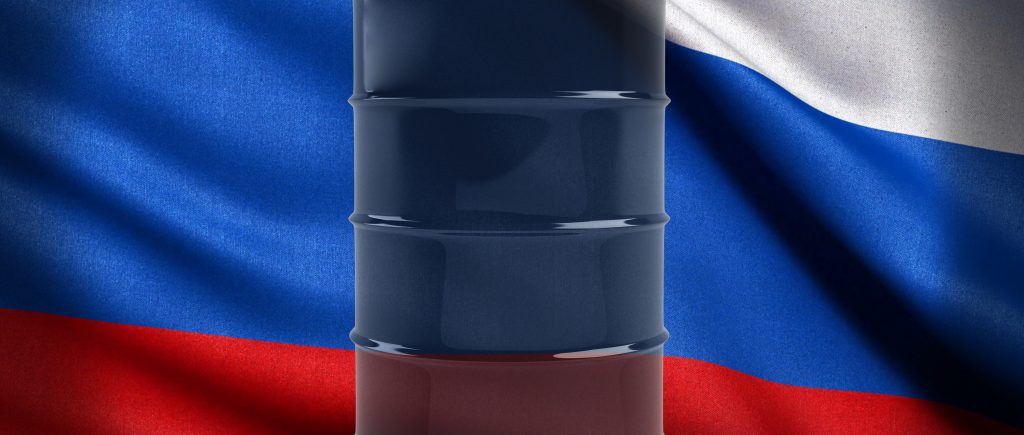The US and Western allies have imposed sanctions on oil shippers and traders who have been helping Russia bypass price restrictions. Since a price cap on Russian oil was set last year, Moscow has developed a shadow fleet of tankers and found alternative insurance and financing options, enabling it to sell oil at higher prices.
The US-led plan to limit Russia’s oil exports to $60 a barrel initially proved successful in keeping oil flowing while increasing export costs and curtailing energy revenues.
The price cap works by prohibiting Russia from accessing Western maritime insurance and financial services that are key to its oil exports unless its crude is sold below $60 per barrel. The policy relies on insurers and financial service providers to verify the price of the oil being sold, but the verification process has not been effective, and Russia has been able to routinely sell oil above that cap.
The actions announced by the Group of 7 will require oil shippers using Western maritime insurers and other firms that finance Russian oil exports to provide more frequent and rigorous documentation about the contents and prices of oil shipments.
The coalition will also require other participants in the energy trade supply chain to be ready to provide more information about ancillary costs, such as shipping fees, that traders have been inflating to disguise higher prices being paid for Russian oil.
The price cap coalition said the changes would support the implementation of the oil price cap and disrupt circumvention by reducing opportunities for bad actors to use opaque shipping costs to disguise oil purchased above the cap.
The European Union and the United States are tightening rules around the shipping of Russian oil to make it harder for Moscow to circumvent the price cap, a policy aimed at squeezing the Kremlin’s revenue from crude. The EU’s latest sanctions package includes measures to curtail the sale of old shipping vessels that are making their way to Russia’s shadow fleet of tankers.
The Treasury Department imposed new sanctions on a Russian-owned ship manager based in the United Arab Emirates and three obscure traders of Russian oil that are based in the Emirates and Hong Kong and have been violating the rules.
The sanctions “demonstrate our commitment to upholding the principles of the price cap policy, which advance the goals of supporting stable energy markets while reducing Russian revenues to fund its war against Ukraine,” according to deputy Treasury secretary Wally Adeyemo.
In addition, rather than simply offering assurances that the legislation will be upheld, the US and UK are strengthening their enforcement of the G7 price cap on Russian oil, requiring corporations who carry Russian oil to provide new documentation proving that each voyage has complied with the price cap.
Similar detailed guidance is being issued by other members of the “price cap coalition”, which includes the Group of Seven nations, the EU, and Australia. The intention is to make it more difficult for Russia to take advantage of services such as insurance without complying with the price cap. Under the new rules, insurers and other service providers will be able to demand cost information about how the contract was priced.
The price cap, introduced in December, allows companies from price cap coalition countries to move Russian oil if it is priced below a fixed maximum of $60 per barrel. However, Russian crude sales have consistently been above $60, raising concerns about the cap’s effectiveness in denying revenues to the Kremlin. Officials aim to demonstrate that concerted action can hold down Russian prices.

 Noor Trends News, Technical Analysis, Educational Tools and Recommendations
Noor Trends News, Technical Analysis, Educational Tools and Recommendations




